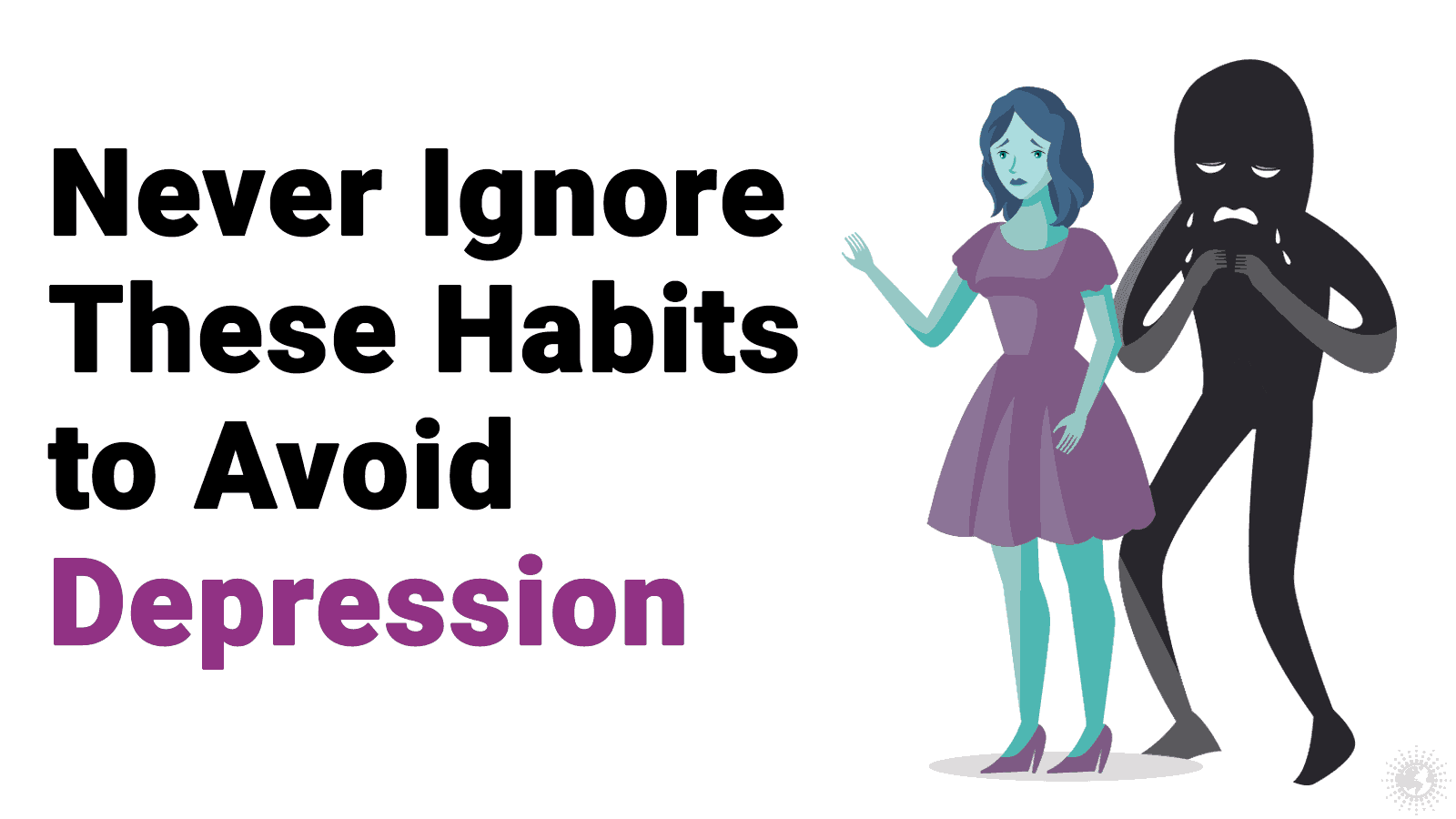When you feel run down and in a lousy mood, what’s the first thing you want to do? Maybe you are like many people and want to cover your head and stay in bed. What would you say if you discovered that exercise could make you feel better?
Yes, it’s counterintuitive, but research has found this to be true on many levels. Think of Newton’s Law of Motion, which says that a body at rest tends to stay at rest until a force acts upon it. Being a perpetual couch potato may keep you inactive and make you feel worse in the long run.
An impressive number of studies link poor diet and a sedentary lifestyle with obesity, cardiovascular disease, hypertension, diabetes, strokes, cancer, and premature death. On the flip side, proper diet and staying active may prevent illness and help you live a longer, more fulfilled life. This information should be encouraging enough to make anyone leave the couch and start moving, so we are sharing these science-proven benefits with you.
Possible Mood-Lifting Benefits of Exercise
Is there a connection between exercise and your moods? Research demonstrates that exercising just 20-30 minutes a day can influence your brain’s hormones that correspond to moods and your feeling of well-being.
Are you ready to lift the dark clouds from your mind and bask in the sunshine of joy? The solution may be easier than you think. Here are some convincing ways that health experts say that exercise can make you feel better.
1. Boost Your Moods
When you are in a bad mood, your whole body can ache, and the world seems bleak and uninviting. If you have five minutes a day to do a few cardio exercises, your brain will show its gratitude. It will begin pumping mood-boosting hormones into your body like dopamine, serotonin, and norepinephrine. The more you move, the better you may feel.2. Minimize Your Stress Levels
If you live, stress is inevitable. Some level of stress is beneficial to stay safe, learn, and grow. However, the undue strain is harmful to your body and can result in severe health conditions. While you can’t make stress disappear, you can do things like exercise to minimize it.
You needn’t do a grueling regimen to receive some of the benefits of exercising. Low-impact styles like walking or yoga can help you feel better. Some studies show that daily exercise may ease symptoms of anxiety, depression, and post-traumatic stress disorder.
3. Boost Your Immune System
Did you know that staying active may help you maintain a more robust immune system? When you work out and practice mindful breathing, you may exhale harmful bacteria lingering in your respiratory system. Moving your body systematically can also stimulate your lymphatic system to flush more waste from your body.
As you are doing your workout, notice that your heart rate increases, which increases your blood circulation throughout your body. This influx of blood may bring more antibodies into your system to detect and destroy pathogenic microbes. It may contribute to better health in the long run.
Remember the stress hormones that are pumped into your body from undue stress? Working out regularly can lower the output of adrenaline and cortisone, so your health improves. If you do get ill, a healthier immune system may minimize the symptoms and shorten the duration, so you feel better quicker.
Do everything in moderation, including exercise. Although light to moderate exercise can boost your immunity, extreme workouts can do the opposite and raise your stress levels. Talk to your primary healthcare provider or a certified fitness expert about what exercises are best for you.
4. Increase Your Brain Functions
Have you ever experienced that dense brain fog that makes you feel like a zombie all day? Poor eating habits and a sedentary lifestyle can contribute to this mind-numbing condition. When you work your body physically, it can also benefit you mentally.
You may see benefits in your cognitive functions, memory, and mental resilience. As you achieve each goal of your workouts, you may handle stress better and strive for higher goals. Mental strength can be a valuable tool for stability and enriched relationships.
5. Daily Activities for Living May Become Easier
When you feel blue, sometimes you don’t want to get out of bed in the mornings. Workouts like stretching and yoga can not only bust fat and tone your muscles, but they can make you feel better. As you lose weight and gain more strength, you’ll find it easier to do your daily chores.
Just imagine doing things with ease that you once dreaded. Your furry friends will be happier because you’ll have enough energy for leisurely walks in the park. You may gain more cardiovascular strength that will be useful for doing heavy yard work and other chores around the house.
6. Your Leisure and Outdoor Life May Improve
Who feels like going on an exhilarating morning hike through the woods if you feel bloated, tired, and depressed? Regular exercise like walking, stretching, or resistance training may help change your leisure life around for the better. Add cardiovascular workouts and weight training, and you may be surprised at the things you will be able to enjoy.
Have you ever wanted to hike through the mountains or go on an exciting skiing trip with your family? Perhaps you once didn’t even have the stamina to take your kids to an amusement park or go on a walking tour with your partner. Just a few minutes of working out each day can strengthen your body and renew your desire to get out of the house and live.
7. Get Better Sleep
Are you one of the thousands of people across America who are sleep deprived? A lack of quality sleep can not only affect your personal and professional life, but it can also be detrimental to your health. Sleep deprivation can cause severe health disorders and put you at risk for mental illnesses.
What can you do if you’re not getting enough rest at night? You may be surprised that many studies show a positive correlation between daily exercise and healthy sleep. That’s not to say that you should perform an exhaustive workout before you go to bed.
Simple stretches, yogic poses, and other light workouts can make you pleasantly tired enough for good sleep. Try to do these routines about five or six hours before you go to bed. You will awaken with more energy for the day and feel better.
8. Increase Your Energy
Ask most people around you what they could wish for, and many would probably hope for more energy. When you are juggling caring for your family, a job, and social obligations, it’s understandable that your stamina would be depleted most of the time. You may try to guzzle those popular energy drinks, but their boost is short-lived and may carry some health risks.
If you want to energize your body, health experts recommend that you try a daily exercise routine. As you work and strengthen your muscles and joints, you might be amazed at how it can boost your energy. Soon, you may have all the energy you want and feel better.
9. May Prevent or Reduce Symptoms of Anxiety and Depression
Have you been diagnosed with anxiety or depression? These common mental conditions are often treated successfully with medication and therapy. Did you also know that working out may prevent anxiety and depression or reduce their symptoms?
When you are more active, some medical research states, you are less likely to have depression symptoms. If you make workouts a daily priority, you aren’t apt to have a mental illness relapse. The same conclusion is made for people who battle with anxiety.
10. Increased Self-Esteem
How do you feel about yourself when you are overweight, depressed, and hardly ever leave the couch? Overeating and inactivity produce a perfect storm of sickness, depression, and low self-esteem. Each variable affects the others until you are debilitated and prone to a life-threatening disease.
Now, picture yourself following a healthy lifestyle with good eating habits and daily exercise. You will lose weight, tone your body, and have more energy for your work and play. Above all, these changes will boost your self-esteem, and you’ll feel better.
Final Thoughts on How Exercise Can Make You Feel Better
There are too many positive studies to ignore the significance of working out and your well-being. It just takes 20-30 minutes a day, and you don’t need expensive gym memberships either. Take some time out to get your body moving and notice how much better you feel.
Before you start any exercise regimen, talk to your primary healthcare provider or a certified fitness expert. They can help you find the workouts that are right for you. It’s in investment in your physical, mental, and spiritual self that reaps dividends of vibrant health and happiness.
















 Community
Community

